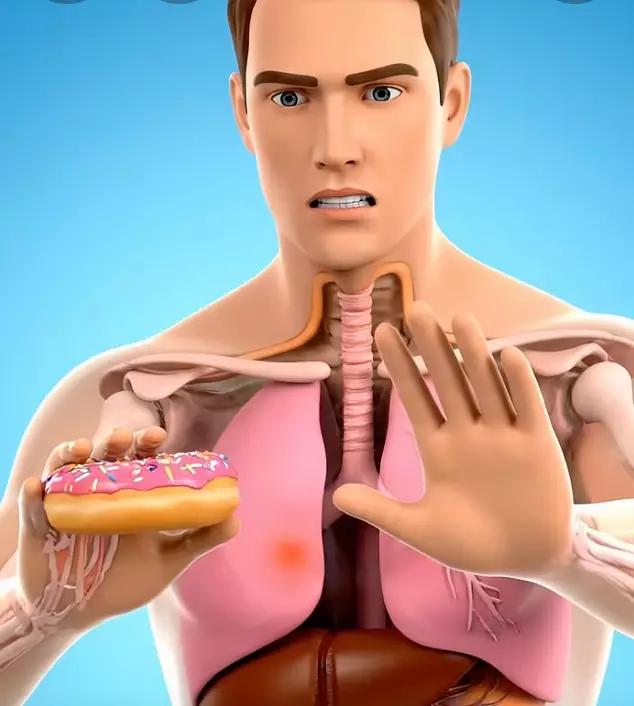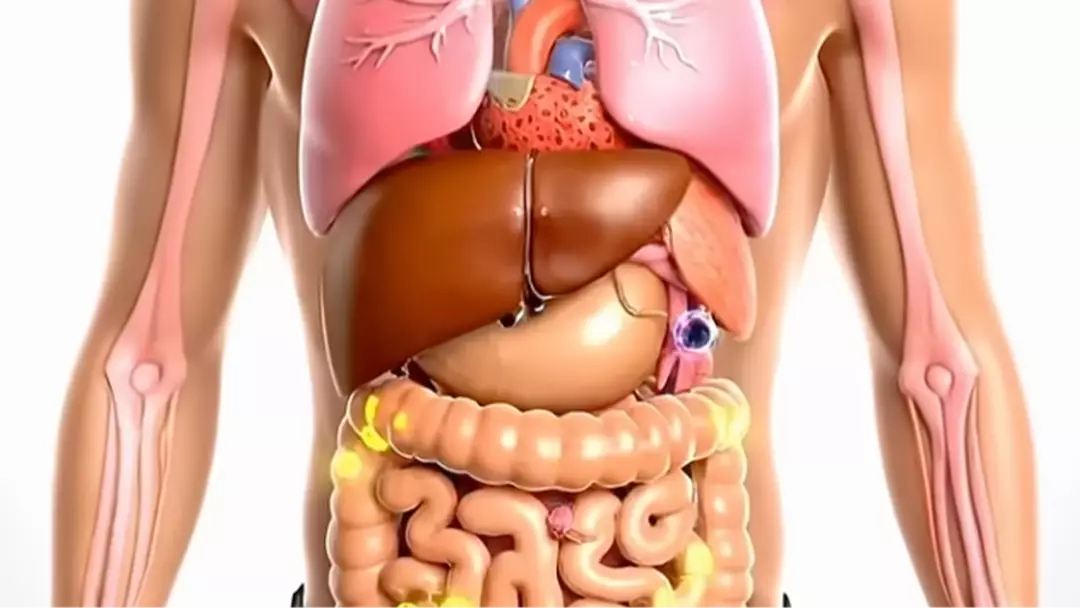A simulation has illustrated the physical and mental transformations your body undergoes when attempting to cut sugar for a week.
While indulging in sweet treats occasionally is acceptable, many individuals fall into the unhealthy habit of regularly consuming excessive amounts of sugar.
To address this, one might consider it a straightforward solution to completely eliminate sugary foods from their diet, but this is more challenging than it appears.
A simulation featured on the YouTube channel Untold_Healing demonstrated that both physical and mental changes can occur, making the process of quitting sugar more complicated than many anticipate.
Although difficult, regulating sugar intake can help prevent conditions like diabetes and obesity, making the effort potentially worthwhile.
The simulation’s video narrator detailed the body’s reaction over the initial seven days.

This period marks the onset of intense cravings, as explained by the simulation.
“Headaches, mood swings and fatigue, your body is literally going through withdrawal.”
This is when the mental fog dissipates, energy levels stabilize, and the dreaded 3 p.m. slump vanishes.
Skin clarity improves, inflammation reduces, breakouts diminish, and puffiness subsides.
“Bonus, you’ll sleep better and stop craving sweets as intensely,” the video adds.
“Most people don’t realize they are eating 17 teaspoons of added sugar daily, three times the recommended amount.”

The insights shared in the video are also echoed by experts at the rehab center Addiction Help.
They emphasize that while reducing or eliminating sugar can be advantageous, the process may be challenging due to sugar’s effect on brain chemistry.
The organization explained: “Sugar consumption can have a powerful effect on the brain’s production of dopamine, a neurotransmitter strongly associated with feelings of pleasure and reward.”
Consuming large amounts of sugar triggers dopamine release, potentially leading to dependency.
“For individuals with a dependence on or addiction to sugar, lowering sugar intake can lead to many unpleasant withdrawal symptoms.”
Highlighting common withdrawal symptoms, they noted: “Common symptoms in the early stages of sugar withdrawal include physical symptoms like headaches, fatigue, and nausea.
“Mental symptoms include irritability, anxiety, mood swings, and generally worsened mental health.
“The important thing is to stick with whatever diet change you make. Some people try and fail to cut sugar completely, thus going through rounds of withdrawal, relapse, and withdrawal.
“If you find it difficult to do a complete sugar detox, try slowly eliminating sugar or a low-sugar diet.”

